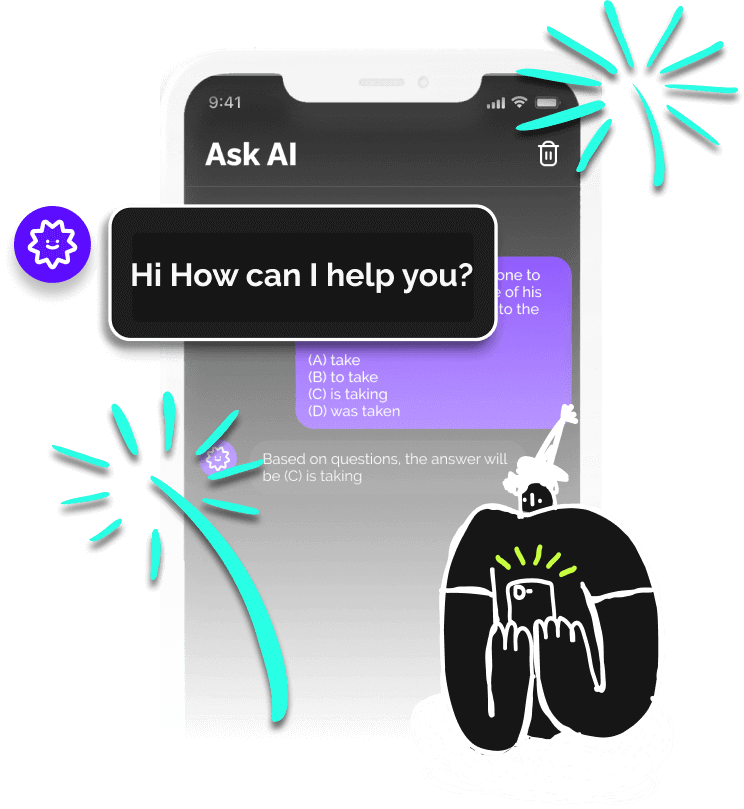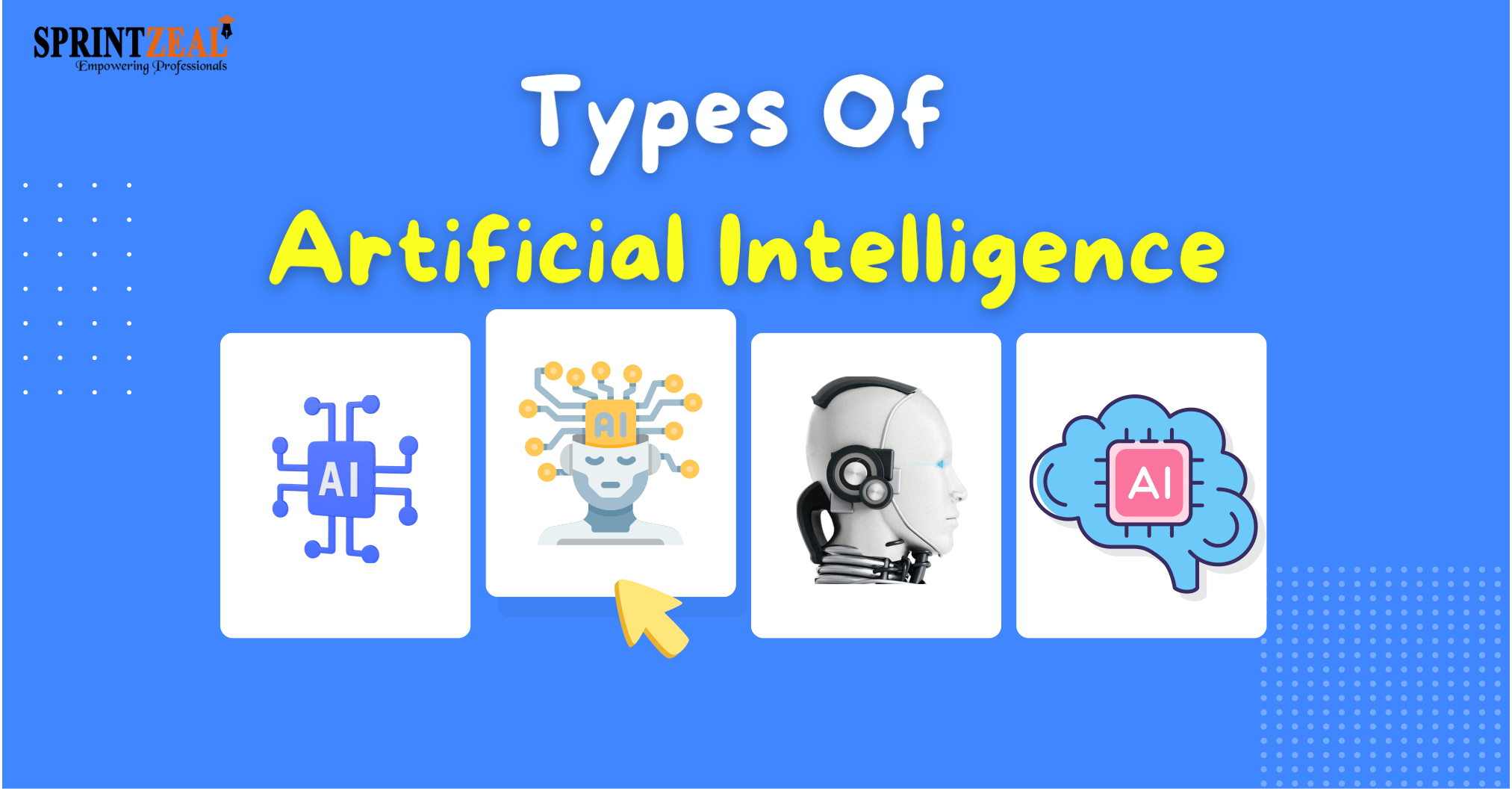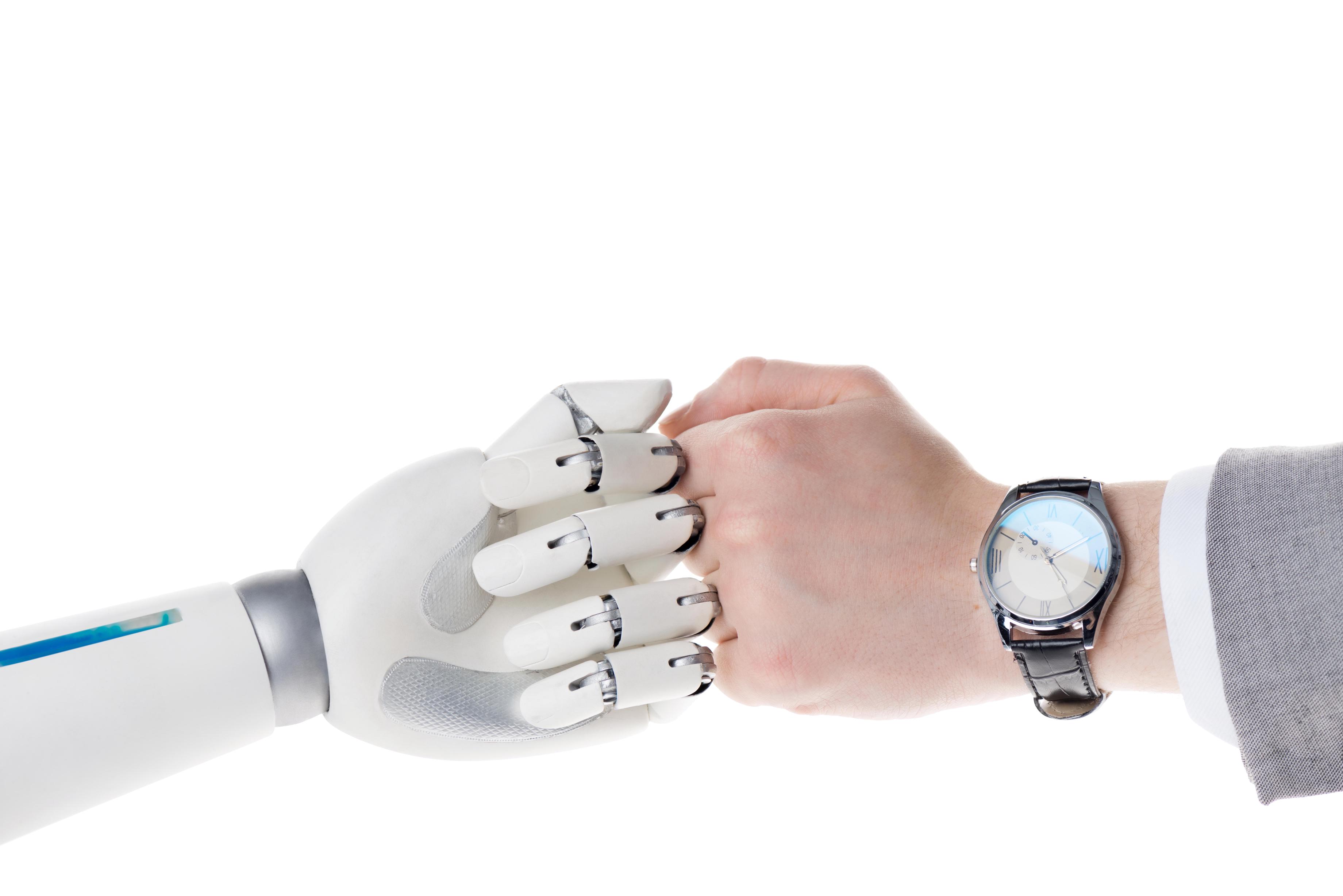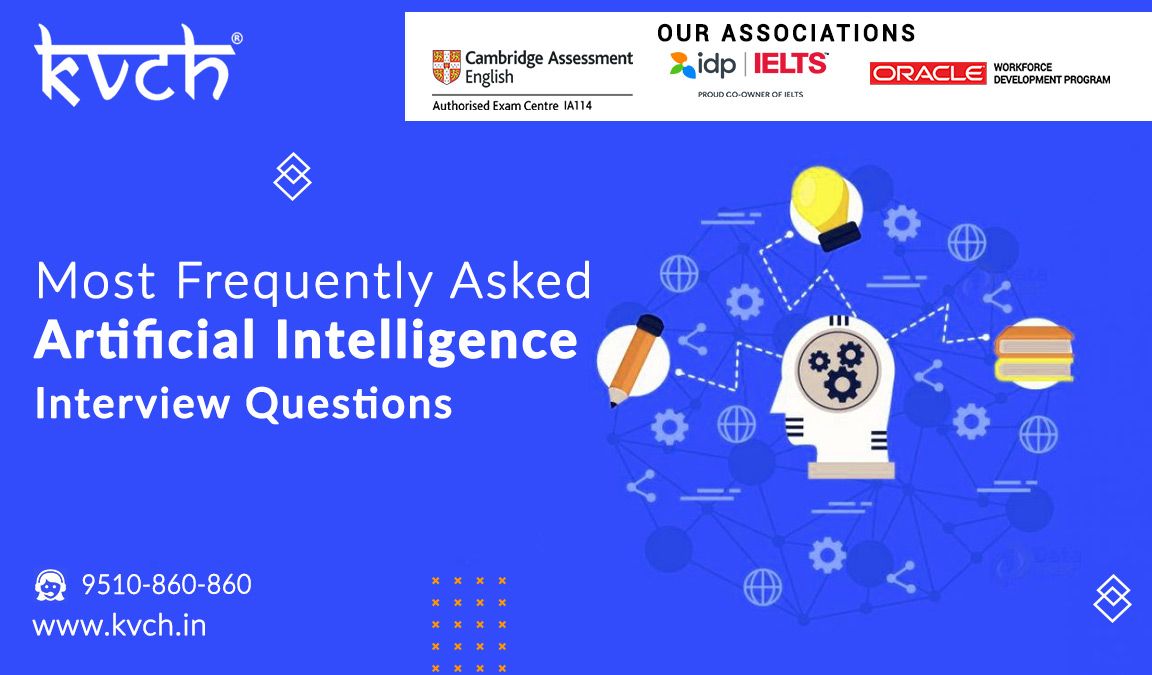Get Answers from AI: Intelligent Response Technology

Get Answers from AI: Intelligent Response Technology

In today’s digital age, we’re constantly seeking answers to our questions. Whether it’s about a product, a service, or just general knowledge, we want instant responses. Traditional customer support systems often fall short, with long wait times, confusing menus, and unhelpful responses. This is where Artificial Intelligence (AI) comes in, revolutionizing the way we interact with businesses and access information. In this post, we’ll delve into the world of intelligent response technology, exploring its benefits, applications, and the future of AI-powered customer support.
What is Intelligent Response Technology?

Intelligent response technology is a type of AI designed to provide accurate and relevant responses to user inquiries. This technology uses natural language processing (NLP) and machine learning algorithms to understand the context and intent behind a question, generating a response that’s both helpful and personalized.
Benefits of Intelligent Response Technology

The benefits of intelligent response technology are numerous:
- 24⁄7 Support: AI-powered support systems can operate around the clock, providing immediate responses to user inquiries, even outside of traditional business hours.
- Personalized Experience: Intelligent response technology can analyze user behavior and preferences, offering tailored responses that cater to individual needs.
- Increased Efficiency: AI can handle multiple queries simultaneously, reducing wait times and increasing the overall efficiency of customer support operations.
- Cost Savings: By automating routine inquiries, businesses can significantly reduce the cost of customer support, reallocating resources to more complex and high-value tasks.
Applications of Intelligent Response Technology

Intelligent response technology has far-reaching applications across various industries:
- Customer Support: AI-powered chatbots and virtual assistants can handle customer inquiries, providing instant responses to common questions and routing complex issues to human representatives.
- E-commerce: Intelligent response technology can help e-commerce businesses provide personalized product recommendations, offer real-time order tracking, and resolve customer complaints.
- Healthcare: AI-powered chatbots can assist patients with medical inquiries, provide symptom diagnosis, and offer personalized health advice.
- Education: Intelligent response technology can help students with academic queries, provide personalized learning recommendations, and offer real-time feedback on assignments.
How Intelligent Response Technology Works

The process of intelligent response technology involves several key components:
- Natural Language Processing (NLP): AI algorithms analyze user input, identifying the intent and context behind the inquiry.
- Knowledge Base: A vast repository of information is used to generate responses to user queries.
- Machine Learning: AI algorithms learn from user interactions, refining response accuracy and improving overall system performance.
🤖 Note: The quality of intelligent response technology is highly dependent on the accuracy and comprehensiveness of the knowledge base.
Challenges and Limitations of Intelligent Response Technology

While intelligent response technology offers numerous benefits, it’s not without its challenges and limitations:
- Language Barriers: AI-powered support systems may struggle with non-standard language, slang, or regional dialects.
- Contextual Understanding: Intelligent response technology may struggle to fully understand the context behind a user inquiry, leading to inaccurate or irrelevant responses.
- Emotional Intelligence: AI systems lack emotional intelligence, which can lead to insensitive or unhelpful responses in sensitive situations.
The Future of Intelligent Response Technology

As AI continues to evolve, we can expect intelligent response technology to become even more sophisticated and widespread. Some potential future developments include:
- Multi-Language Support: AI-powered support systems will become increasingly adept at handling multiple languages, reducing language barriers and expanding global accessibility.
- Emotional Intelligence: Future AI systems will be designed to better understand and respond to emotional cues, providing more empathetic and personalized support.
- Integration with IoT Devices: Intelligent response technology will be integrated with Internet of Things (IoT) devices, enabling seamless and automated interactions with smart home devices, wearables, and more.
In conclusion, intelligent response technology is revolutionizing the way we interact with businesses and access information. As AI continues to evolve, we can expect even more sophisticated and personalized support systems. By understanding the benefits, applications, and limitations of intelligent response technology, we can harness its power to create more efficient, effective, and empathetic customer support systems.
What is intelligent response technology?

+
Intelligent response technology is a type of AI designed to provide accurate and relevant responses to user inquiries, using natural language processing and machine learning algorithms.
What are the benefits of intelligent response technology?

+
The benefits of intelligent response technology include 24⁄7 support, personalized experience, increased efficiency, and cost savings.
What are the challenges and limitations of intelligent response technology?

+
The challenges and limitations of intelligent response technology include language barriers, contextual understanding, and emotional intelligence.



